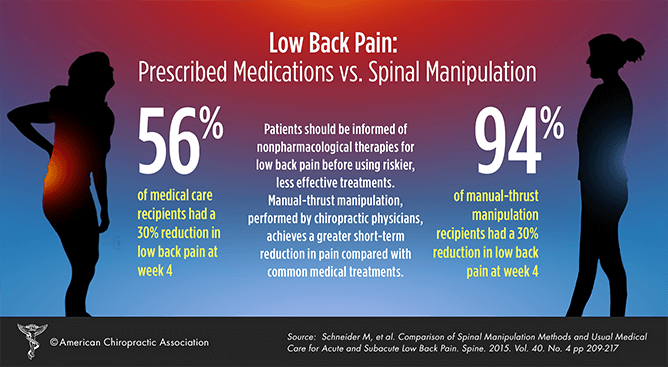Examining The Current Advances In Laser Therapy: Technologies And Advantages
Examining The Current Advances In Laser Therapy: Technologies And Advantages
Blog Article
Content Develop By-Mark Bek
As you discover the innovations in laser treatment, you'll discover how sophisticated innovations are reshaping patient treatment. These innovations not only improve therapy accuracy but likewise expand the extent of applications throughout various medical areas. With the potential for quicker recovery times and boosted results, it elevates vital concerns about the future of therapy options. What does this mean for clients and practitioners alike?
Breakthrough Technologies in Laser Treatment
As innovations in medical science remain to develop, breakthrough modern technologies in laser therapy are changing client care.
You'll find that ingenious systems currently make use of precision-targeting strategies, enabling less intrusive treatments and quicker recovery times. These systems utilize sophisticated algorithms and real-time imaging, improving accuracy and decreasing damages to bordering tissue.
In addition, developments in laser wavelengths have expanded therapy choices, enabling targeted therapies for a variety of conditions. You might also come across portable laser tools, making therapies extra easily accessible in varied settings.
On the whole, these advanced modern technologies aren't simply boosting outcomes yet likewise reshaping exactly how you experience treatment, supplying you with more secure, a lot more effective therapy choices customized to your requirements.
Welcoming these technologies can profoundly impact your health and wellness journey.
Clinical Applications and Advantages
While many might link laser therapy with cosmetic procedures, its medical applications prolong much past looks, providing significant benefits across numerous medical fields.
You'll locate that lasers are made use of effectively in dermatology for dealing with problems like psoriasis and acne marks. In dental care, they help with procedures such as periodontal contouring and tooth bleaching, boosting client comfort and recuperation.
Orthopedic methods use lasers for pain monitoring and cells repair work, advertising faster recovery. Moreover, lasers excel in ophthalmology, providing specific improvements for vision concerns.
By using the power of laser treatment, you can experience decreased recuperation times, reduced discomfort, and improved outcomes, making it a valuable alternative in contemporary clinical technique.
Welcoming https://www.wbaltv.com/article/have-pain-that-won-t-go-away-try-laser-therapy/7090349 can genuinely improve individual treatment and satisfaction.
Future Trends and Developments in Laser Treatment
With continuous improvements in innovation, the future of laser therapy looks appealing and vibrant. You can anticipate to see even more personalized therapies, where therapies are customized to specific patient demands, boosting performance.
Emerging innovations like artificial intelligence are most likely to play a substantial duty, maximizing procedures and enhancing end results. In addition, improvements in laser types and wavelengths will broaden the range of treatable problems, making laser therapy even more flexible.
Minimally invasive methods will remain to develop, lowering recuperation times and adverse effects. As research study advances, you'll discover laser treatments becoming a lot more easily accessible, with enhanced understanding and fostering throughout different clinical fields.
Final thought
In conclusion, the improvements in laser treatment are really changing client treatment. With innovative innovations and exact targeting, you can experience faster healings and much better results across numerous medical fields. As mobile devices become extra accessible, extra people can take advantage of these ingenious therapies customized to their one-of-a-kind demands. As laser therapy for acne continues to evolve, you can eagerly anticipate much more amazing growths that will boost your health and well-being.
